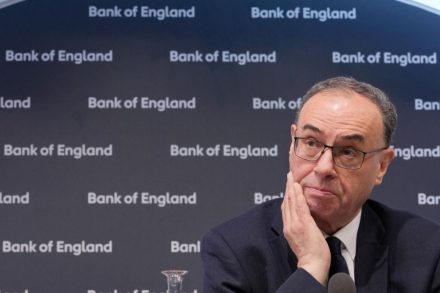Inflation rises to 3% – should we panic?
Prices are rising. Inflation rose to 3 per cent in the twelve months leading up to January, up from 2.5 per cent in December. It’s a bigger jump than expected, with markets and the Bank of England expecting a rise to 2.8 per cent, driven largely by higher transport costs, as well as higher costs for food and non-alcoholic drinks. Is there reason to panic? While the CPI figures are higher than expected for January, they are not far out of line with the Bank’s latest forecast, which expects inflation to peak closer to 4 per cent this summer, due to rising energy costs. As Capital Economics notes this morning,



















